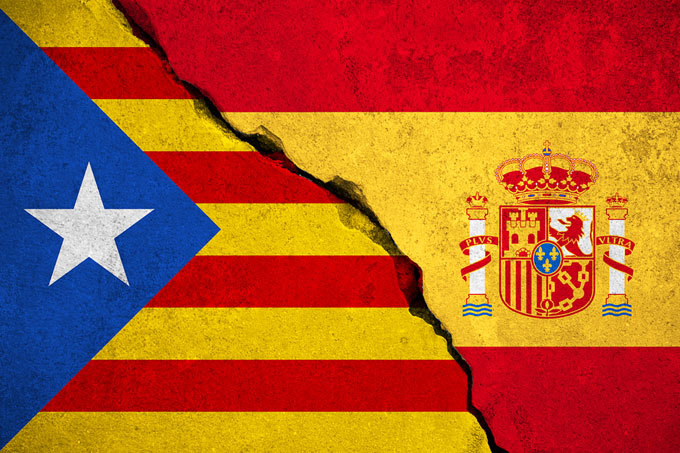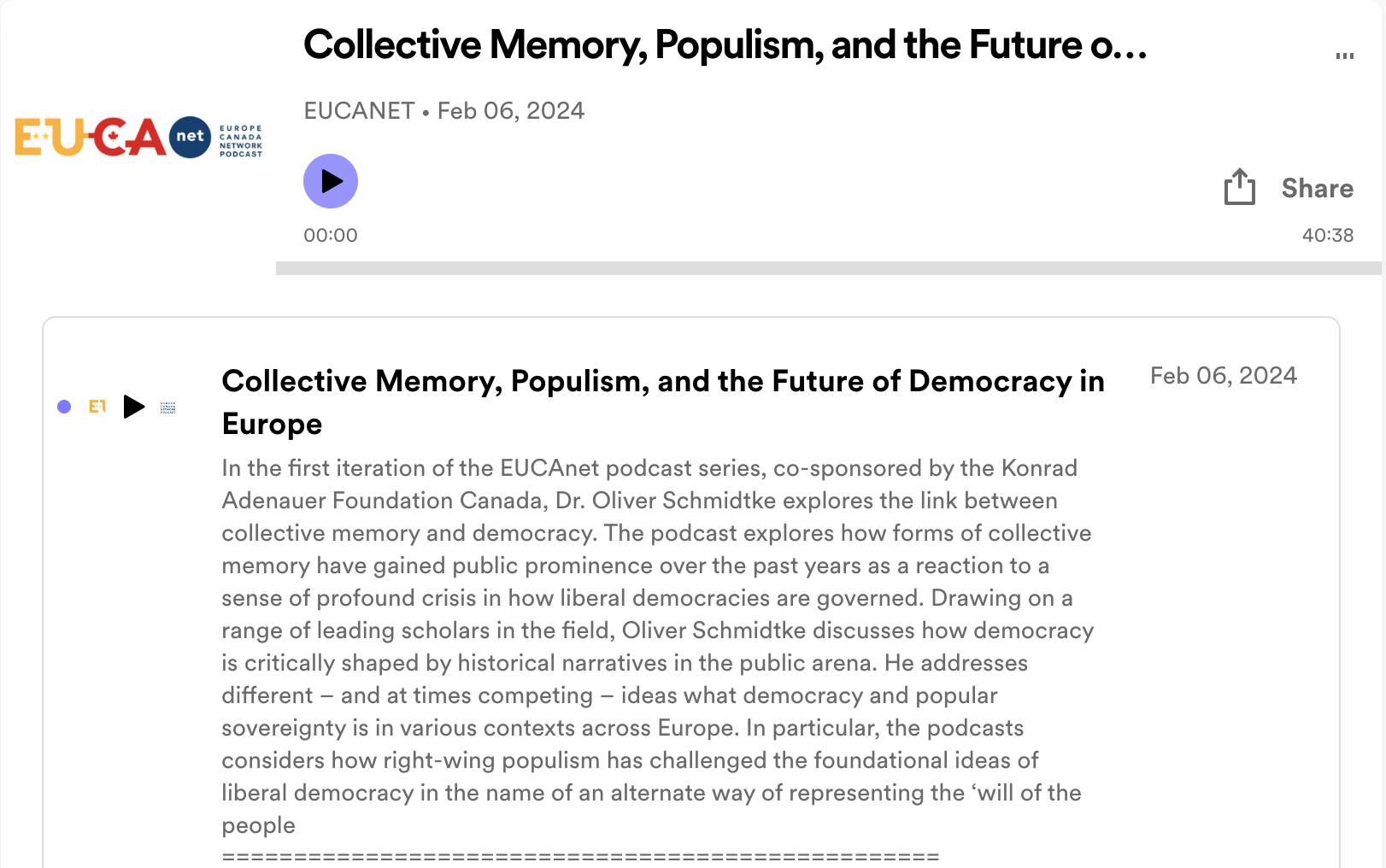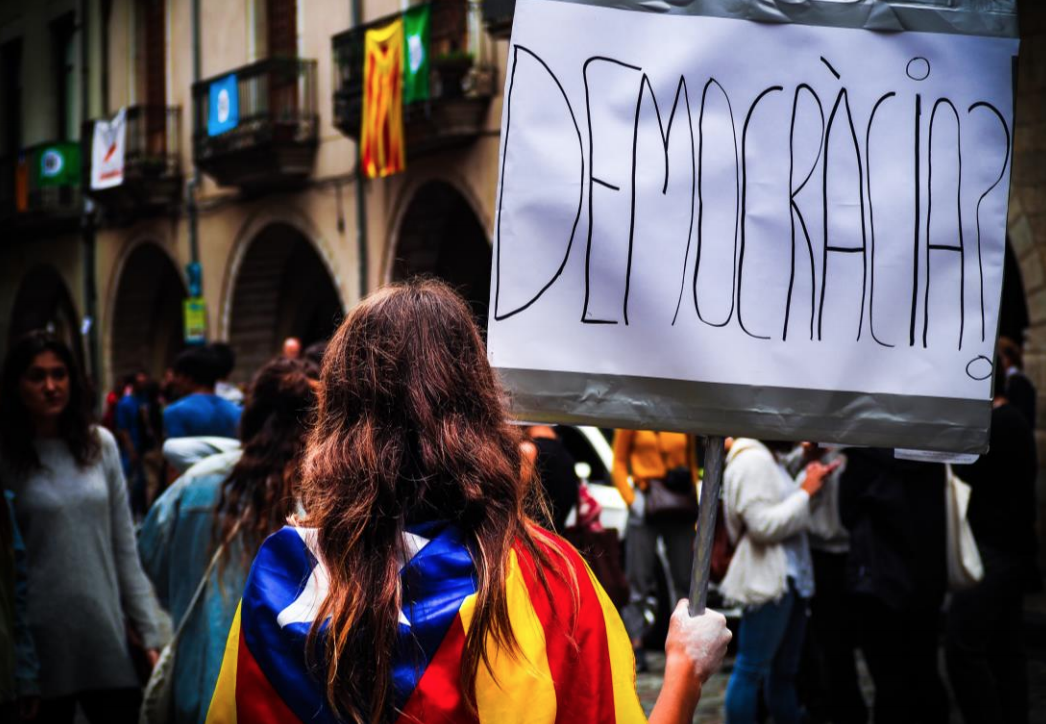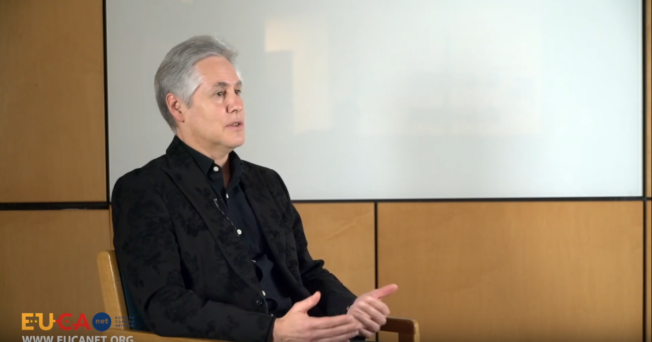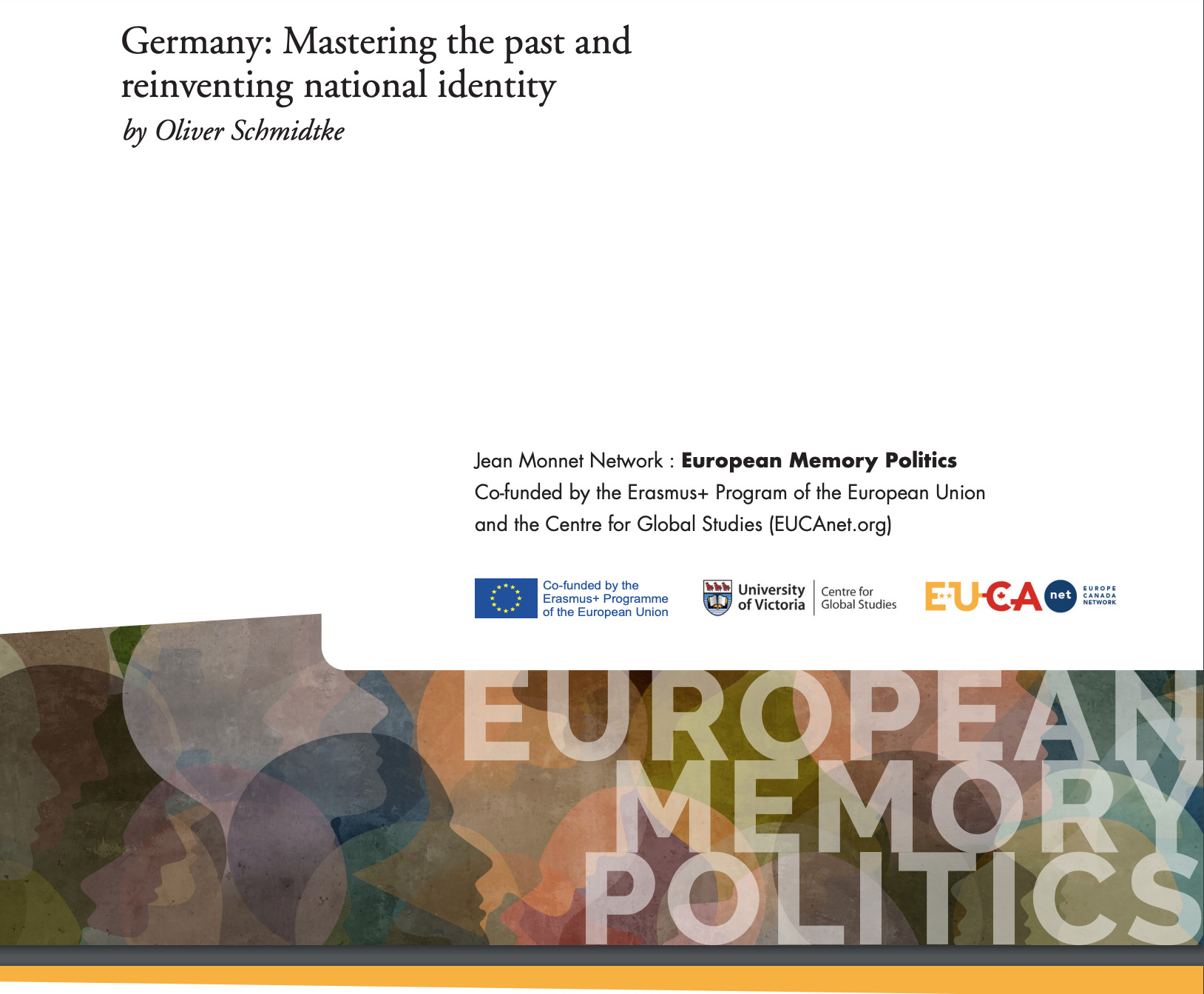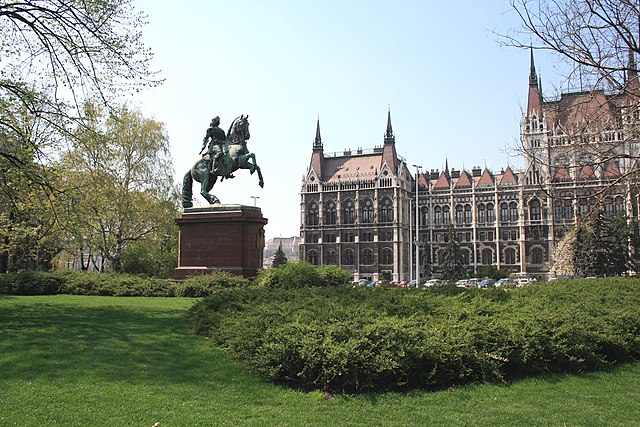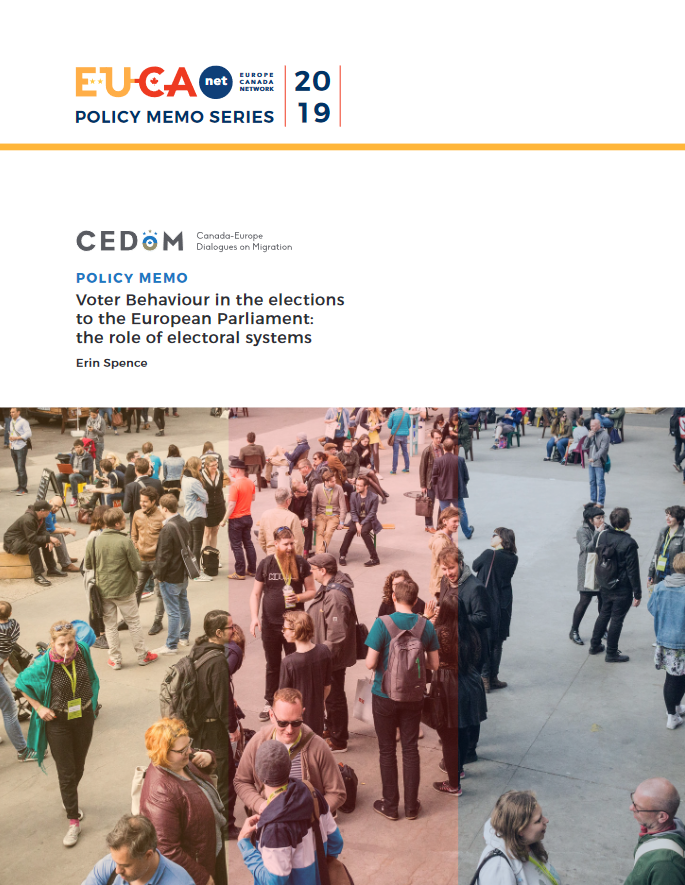Spain: A Pyrrhic Victory, by André Lecours
By André Lecours, School of Political Studies at the University of Ottawa
The Catalan government has planned a referendum on independence for October 1. The Spanish government considers such referendum illegal, and Spanish courts have invalidated the Catalan legislation enabling the referendum. The choice of the Spanish government not to allow Catalans to vote on their political future effectively prevents any possibility of secession in the short term, but at what cost?
The refusal by the Spanish government to discuss self-determination issues with Catalonia has already led to Catalan nationalism making a turn from autonomism to secessionism between 2010 and 2012. The position that Spain is indivisible and that no popular consultation on self-determination is constitutional has alienated many Catalans who historically felt as much Spanish as Catalan.
There are two possible scenarios for October 1. If the Spanish government is really heavy-handed (seizing voting booths, indicting mayors for allowing their city buildings to be used as voting stations, etc…), there is a possibility that no vote is held or that no result is known. The second scenario is a replay of the 2014 consultation: a vote is held but most Catalans opposing independence boycott the referendum, leading to a result showing massive support for the independence option but with a very low voter turnout. Whichever scenario plays out, Catalonia is likely to be left in limbo and Spain no further ahead.
About the author: André Lecours is Full Professor in the School of Political Studies at the University of Ottawa. His main research interests are Canadian politics, European politics, nationalism (with a focus on Quebec, Scotland, Flanders, Catalonia and the Basque country) and federalism. Dr. Lecours is the editor of New Institutionalism, Theory and Analysis published by the University of Toronto Press in 2005, the author of Basque Nationalism and the Spanish State (University of Nevada Press, 2007), and the co-author (with Daniel Béland) of Nationalism and Social Policy. The Politics of Territorial Solidarity (Oxford University Press, 2008).
